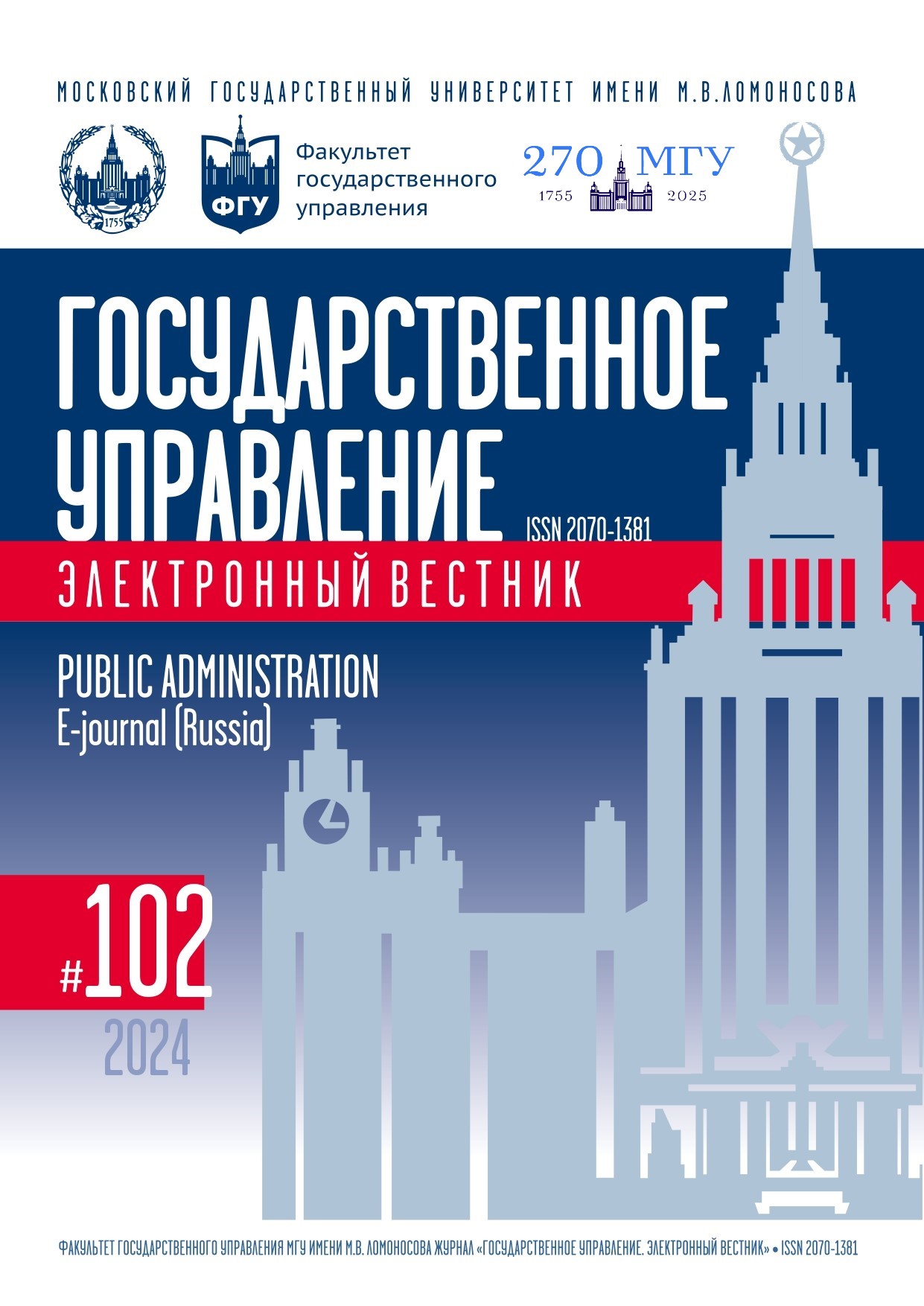On the Way to Digital Tourism
Keywords:
Digital tourism, e-tourism, smart tourism, directions of using digital technologies, support measures, successful practices, Big Data, artificial intelligence.Abstract
Тhe article reveals the features of forming digital tourism in modern Russian conditions. The priority of developing domestic and inbound tourism, the need to regulate tourist flows, and the importance of improving the quality of service taking into account the needs of tourists increase the relevance of this issue. The aim of the study is to analyze the features of digital tourism development in Russia and determine the directions for its support. During the research process, official statistical materials, data from sample surveys and observations, comparative analysis, and groupings were used. The novelty of the article is defined by the following: evolution of interpretations of such concepts as “electronic tourism”, “smart tourism”, “digital tourism” is shown, which reflects the various stages of digital technologies use; the level of application of digital technologies in the management and organization of services by tourist intermediaries and hotel enterprises was analyzed; the features of business models formation based on modern digital platforms have been identified. The regional-industrial aspect of the development of digital tourism is considered and differences in the pace of digital transformation in Russian regions are identified. As a factor slowing down the spread of digital technologies, the share of small and medium-sized businesses experiencing difficulties in financing software updates and attracting qualified personnel was noted, which necessitates the development of appropriate support measures and scaling of best practices. A special place in the article is given to the analysis of support at the federal and regional levels through grants and subsidies allocated on a competitive basis to the best practices of digital transformation of the tourism sector. Increasing the sustainable development of digital tourism will be facilitated by the use of analytical services based on big data and artificial intelligence for managing regional tourist flows, developing a portrait of a tourist taking into account his/her behavioral profile, geo-analytics of infrastructure, which should facilitate the adoption of informed management decisions and improve the quality of service for tourists.
References
Абдель Вахед Э.А.М. Влияние современных технологи на развитие электронного туризма // Сервис в России и за рубежом. 2016. Т. 10. № 2. С. 4–12. DOI: 10.12737/19717
Аксенов В.А., Носаков И.В., Аксенов С.В. Цифровизация экономики и развитие электронных услуг в сфере туризма и гостеприимства // Гостиничное дело. 2022. № 6. DOI: 10.33920/igt-2-2206-07
Богомазова И.В., Аноприева Е.В., Климова Т.Б. Цифровая экономика в индустрии туризма и гостеприимства: тенденции и перспективы // Сервис в России и за рубежом. 2019. Т. 13. № 3. С. 34–47. DOI: 10.24411/1995-042X-2019-10303
Кононова О.В., Прокудин Д.Е., Смирнова П.В. Технологии изучения контекстного знания при исследованиях основных направлений геймификации в городском развитии // Информационное общество: образование, наука, культура и технологии будущего. Вып. 3 (Труды XXII Международной объединенной научной конференции «Интернет и современное общество», IMS-2019, Санкт-Петербург, 19–22 июня 2019 г. Сборник научных трудов). СПб: Университет ИТМО, 2019. С. 53–66. DOI: 10.17586/2587-8557- 2019-3-53-66
Кононова О.В., Прокудин Д.Е., Тупикина Е.М. Исследование научного и медиа дискурса в сфере «цифрового туризма» // Научный сервис в сети Интернет: труды XXII Всероссийской научной конференции (21–25 сентября 2020 г., онлайн). М.: ИПМ им. М.В. Келдыша, 2020. С. 424–448. DOI: 10.20948/abrau-2020-47
Куан С., Ай Ш. Исследование развития «умного» туризма в провинции Цзянси в рамках концепции «Интернет+» // Экономические и социальные перемены в регионе: факты, тенденции, прогноз. 2016. № 4(46). С. 199–205. DOI: 10.15838/csc/2016.4.46.11
Матвеевская А.С. Цифровые технологии международного туризма: мировой опыт // Россия в глобальном мире. 2022. № 22(45). С. 31–41. DOI: 10.48612/rg/RGW.22.3
Молчанова В.А. Тенденции инновационного развития туристских дестинаций: «умная дестинация» // Экономика и предпринимательство. 2017. № 9–3. С. 715–720.
Платов А.В., Петраш Е.В., Силаев А.А. Роль смарт-технологий в формировании опыта посетителей устойчивых туристских дестинаций // Научный результат. Технологии бизнеса и сервиса. 2022.Т. 8. № 1. С. 12–24. DOI: 10.18413/2408-9346-2022-8-1-0-2
Gretzel U., Sigala M., Xiang Zh., Koo Ch. Smart Tourism: Foundations and Developments // Electron Markets. 2015. Vol. 25. P. 179–188. DOI: 10.1007/s12525-015-0196-8
Hunter W.C., Chung N., Gretzel U., Koo Ch. Constructivist Research in Smart Tourism // Asia Pacific Journal of Information Systems. 2015. Vol. 25. Is. 1. P. 105–120. DOI: 10.14329/apjis.2015.25.1.105
Khatrii I. Information Technology in Tourism & Hospitality: A Review of Ten Years’ Publication // Journal of Tourism & Hospitality Education. 2019. Vol. 9. P. 74–87. DOI: 10.3126/jthe.v9i0.23682
Suman L., Aruditya J., Swati Sh. Sustainable Development in Tourism Destinations through Smart Cities: A Case of Urban Planning in Jammu City // Enlightening Tourism. A Pathmaking Journal. 2022. Vol. 12. Is. 2. Р. 661–680. DOI: 10.33776/et.v12i2.6911

